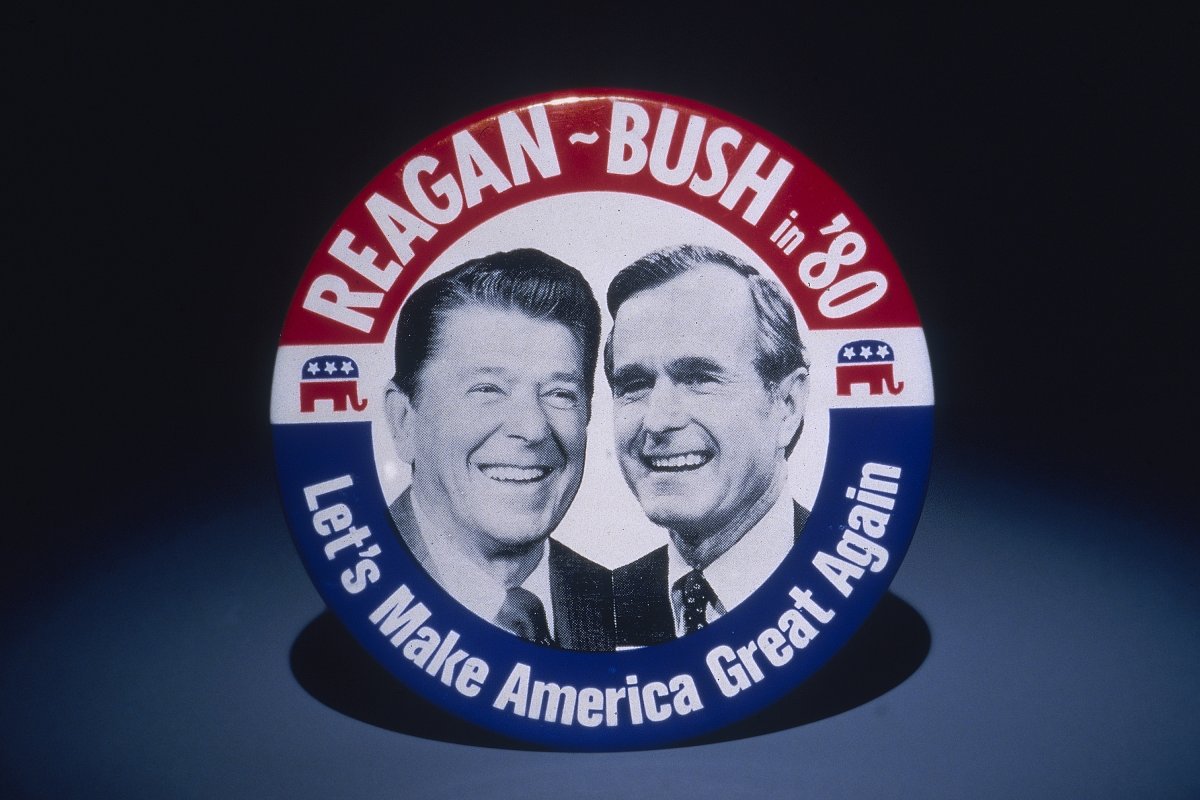People forget how the Great Depression discredited conservatism. The economic crash in 1929 caused the nation to lose faith in the marketplace. Americans turned to the idea of central planning, with the government acting as arbiter, determining what was good and what was bad, picking winners and losers, and deciding how the country should be run.
Academics still prefer to teach that version of history, which holds FDR's New Deal interventions to have been a success, saving America so that America could save the world in the fight against global fascism.
It's a nice, neat formulation, but it isn't true. The Roosevelt administration's marketplace interventions prolonged the depression rather than ending it. Amity Shlaes, in her book The Forgotten Man, argues that America's rebirth occurred principally because the machinery of U.S. industry was put to work winning a war.
From 1945 on, the two major U.S. political parties fought over how those interventions would be managed. There was general agreement that government, given enough time, money, and personnel, would solve every problem. All the American people had to do was sit back, wait, and pay for it.
Some disagreed. The thinkers, doers, and funders who brought conservatism back to life in the post-war era are long gone and largely forgotten. People remember William F. Buckley Jr., Barry Goldwater, and Ronald Reagan, but forget the messy, complicated debates from which Reaganism emerged.

Conservatives are once again walking in the steps of Buckley, Goldwater, and Reagan, searching for a consensus that unites them rather than dividing them into opposing camps.
Remember, as Reaganism was rising, many conservatives threw their support behind Richard Nixon. The Reaganites and, before them, the Goldwaterites who favored limits on the size and scope of government had to win the argument. They faced a coterie of Republicans, led by Nelson Rockefeller, who favored the muscular exercise of state power to cure the nation's ills, and another backing Richard Nixon, who had in mind a middle-class conservatism based on law and order and appeals to the working man.
Lazy political commentators today often depict conservatism as extending in a straight line from Nixon to Reagan to Trump. They fail to consider, or perhaps do not understand, the differences between them and between the movements that brought each to the White House. Trump and Nixon were more alike in several significant ways. But Trump's policy agenda was largely drawn from Reagan's playbook.
Like Nixon, who has been described as the last New Deal president, Trump sees the nation as irreparably divided between Left and Right. He, like Nixon, acted in ways that forced voters to choose to be with him or against him, with no ground in between.
Reagan was different. It was not simply that he was the "Great Communicator" or a sunny California optimist rather than a dour New Yorker. The 40th president won his political battles by bringing people together who supported his position issue by issue. This is why he emerged the victor in the three great initiatives of his presidency: ending the threat to the West posed by the Soviet Union, making the American economy great again, and restoring the country's belief in itself. He did not expect his supporters to march in lockstep as Nixon and Trump did. He could work with organized labor in backing Polish Solidarity while crushing it by firing striking air traffic controllers. He always had the bigger things in mind.
The difference in approach is miles wide. The Nixonian impulses of the Trump movement—favoring the use of government power to do conservative things—conflict with the liberty-based approach and coalition-building that underscored Reagan's many successes. Reconciling the differences between the two is a challenge not easily overcome. As long as the divisions continue, progressives are likely to retain power. The country remains center-right in its orientation, but it is plurality liberal. Consensus, a word in neither Nixon nor Trump's vocabulary, will be required to restore the GOP to its position as the governing majority party. Today's leaders have to decide quickly if Reaganism can be revived.
Newsweek contributing editor Peter Roff is a veteran Washington journalist and media fellow at the Trans-Atlantic Leadership Network. He is a former writer and columnist for U.S. News & World Report and United Press International. Reach him by email at RoffColumns@GMAIL.com. Follow him on Twitter @TheRoffDraft
The views expressed in this article are the writer's own.
Uncommon Knowledge
Newsweek is committed to challenging conventional wisdom and finding connections in the search for common ground.
Newsweek is committed to challenging conventional wisdom and finding connections in the search for common ground.
About the writer
To read how Newsweek uses AI as a newsroom tool, Click here.






